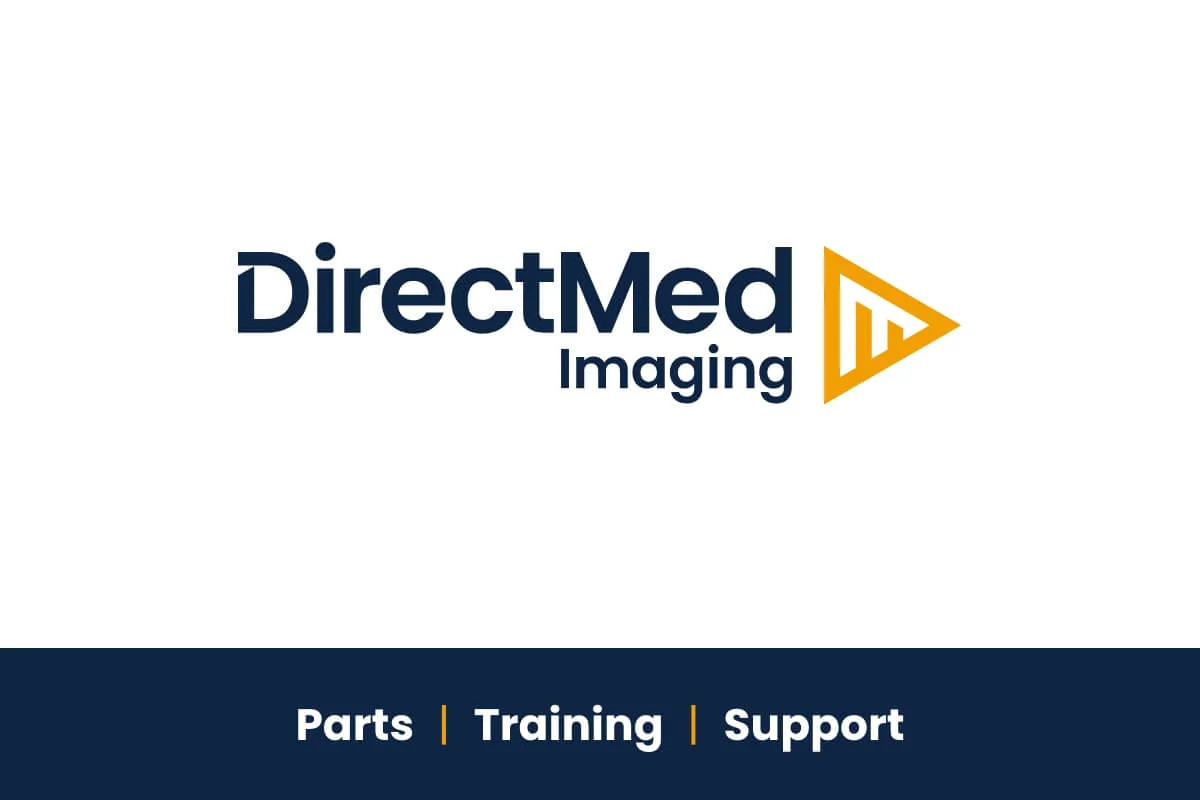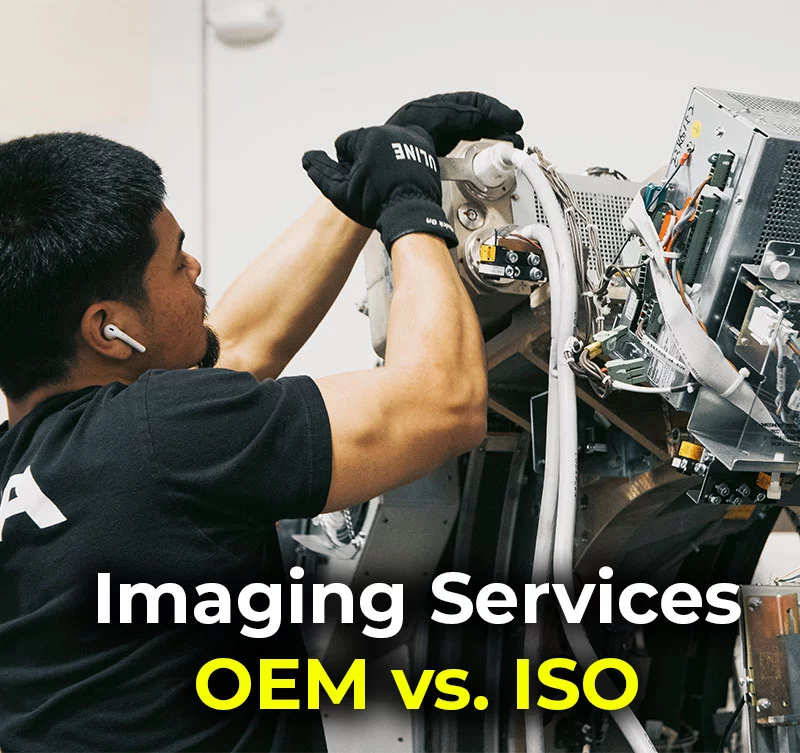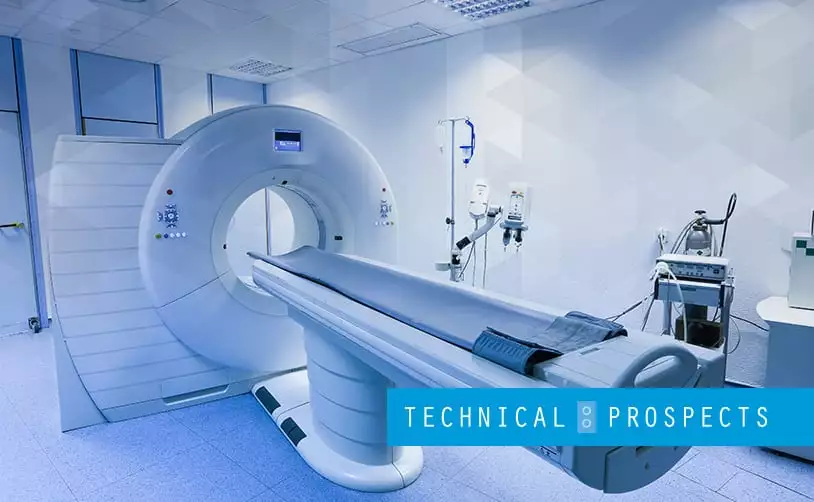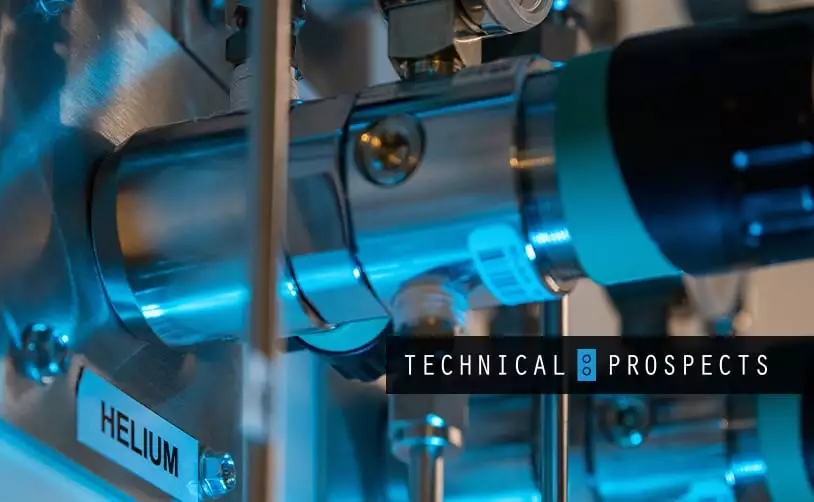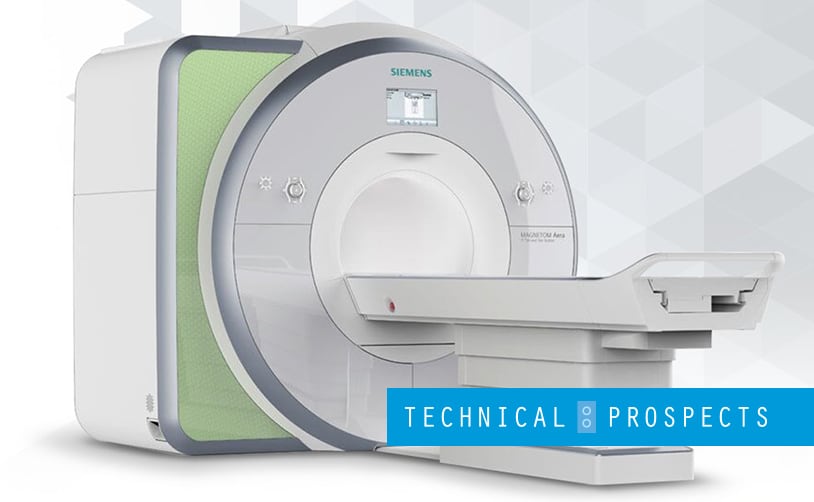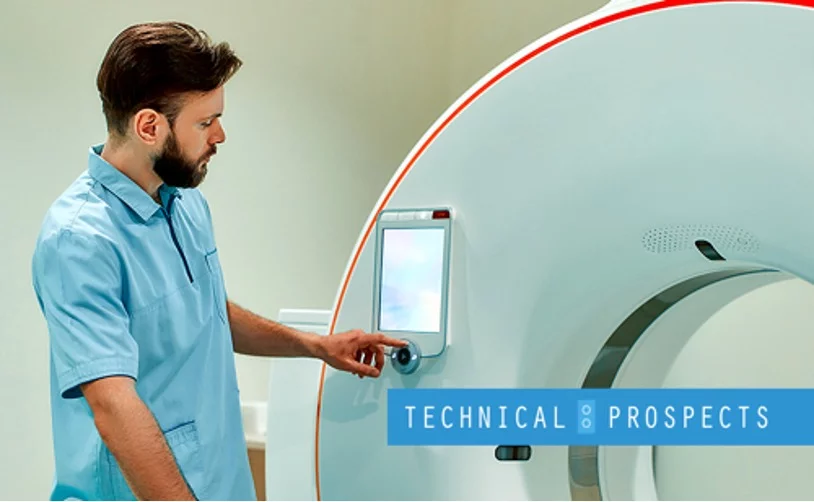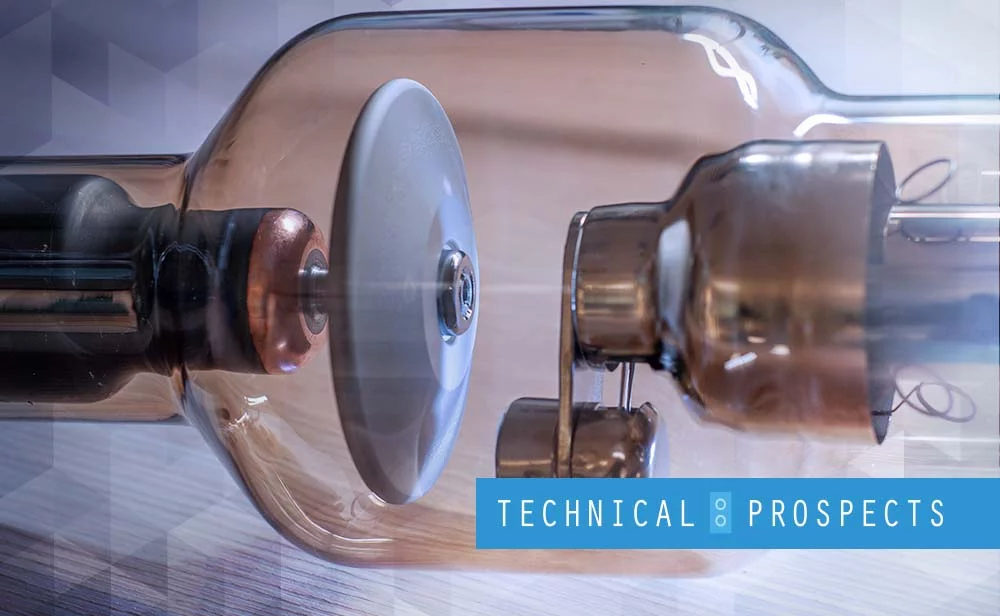The medical imaging industry has evolved significantly over the years. Today, medical diagnosis is easier because of CT (computed tomography) and MRI (magnetic resonance imaging) procedures. Both are relatively low risk, and they are both incredibly helpful in diagnosing and treating a wide range of medical conditions.
While the two processes have some similarities, medical professionals use one or the other depending on the patient’s health status and what type of condition they are trying to diagnose. Read on for a thorough breakdown of how these machines help doctors arrive at a diagnosis.
CT Scans
The CT scanner takes cross-sectional X-ray images at multiple angles, which computer software then puts together to form a three-dimensional image of the body part being examined. Physicians and technicians then use this 3D model to diagnose certain conditions and prescribe treatment.
CT scans are usually used for:
Capturing images of the bone, soft tissue, and blood vessels all at once
Diagnosing injuries or other conditions in the bones
Finding internal bleeding, aortic aneurysms, or pulmonary edemas
Evaluating lung problems
Identifying problems in the brain
Detecting and monitoring cancer
Imaging patients with metal structures inside their body (pacemaker, bone screws, stent, implant, etc.)
MRI Scans
An MRI’s magnets align with the protons that make up every part of the body. When the machine is turned on, it emits radio waves that cause the protons to spin from their alignment. And when the current is turned off, the MRI’s sensors detect the energy released as the protons go back to equilibrium. These sensors create a highly detailed image that shows the condition of the soft tissues in the body.
MRI scans are usually used for:
Identifying bone, joint, tendon, and ligament disorders
Detecting inflammatory conditions in the bowel
Evaluating organs, soft tissues, and internal structures
Imaging patients without radiation
Understanding the Differences Between a CT and MRI Scan
CT and MRI scans differ mainly regarding these points:
Speed – A standard CT scan takes 10 minutes maximum, while an MRI can last up to an hour or longer.
Sound – CT scanners don’t produce much sound while running. MRI machines can be very noisy, and those sensitive to sound in enclosed spaces may need earplugs to remain calm and still during the procedure.
Imaging – CT scans are more similar to X-rays. Images from MRI scans are more detailed, and doctors can easily examine the soft tissues that make up organ systems.
Cost – An MRI scan can cost anywhere between $1,000 to $5,000, depending on the imaging facility and the area being examined. On the other hand, CT scans range between $200 to $1,000, depending on the procedure.
Radiation level – Because CT scans use X-rays, every patient is exposed to a very small dose of radiation. There is no radiation at all during an MRI procedure.
Physicians recommend specific procedures depending on your symptoms and their differential diagnosis. If your doctor needs detailed images of soft tissue and organs, they will suggest an MRI. If your doctor needs an overall view of your brain or organ systems, a CT scan would be a better fit.
Conclusion
CT scanners and MRI machines have made medical diagnoses easier and more reliable. Evolutions in technology have made these imaging procedures readily available for anyone who needs them. There are significant differences between the two, and your physician will tell you which one is more suited to your condition.
DirectMed Parts is the most trusted and knowledgeable source for medical imaging parts and services. We specialize in CT and MRI parts and coils, and we strive to provide excellent service to all our customers. We are available 24 hours a day, seven days a week. Contact us today for all your medical imaging needs!
